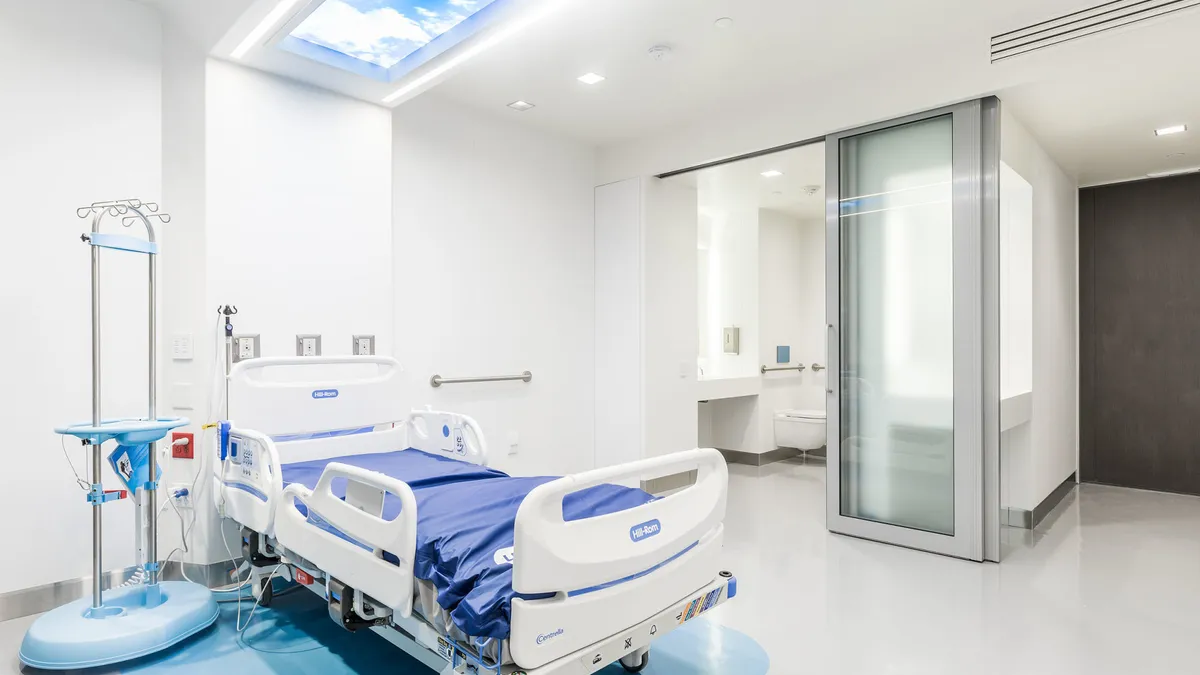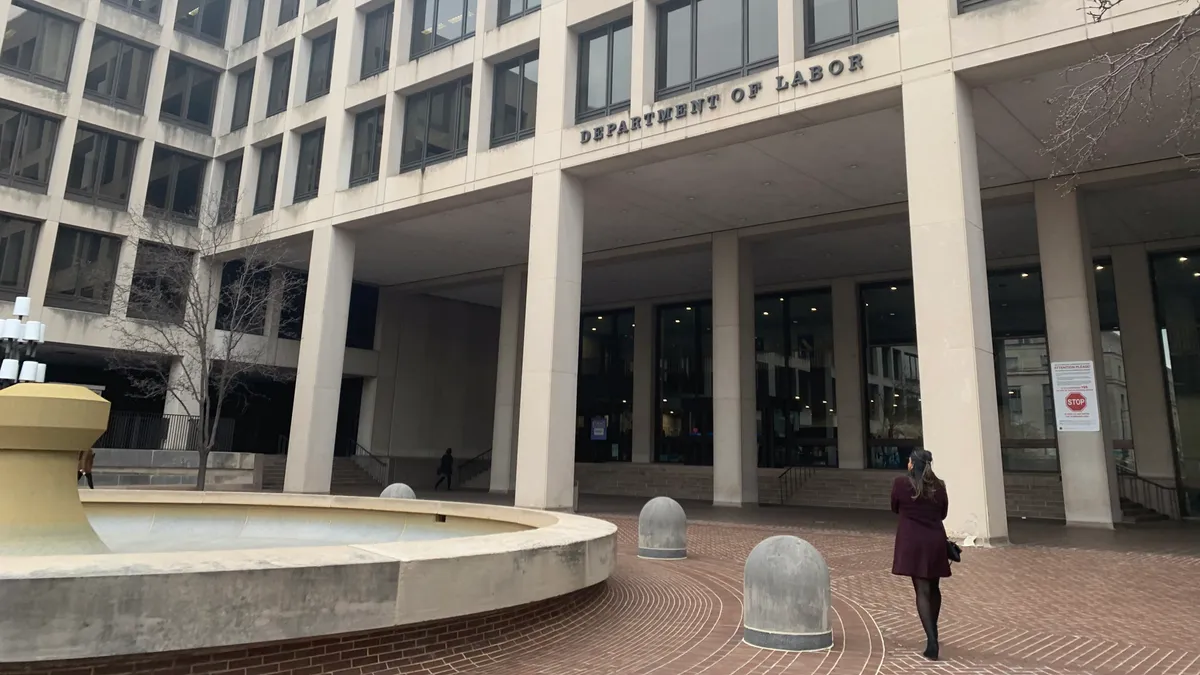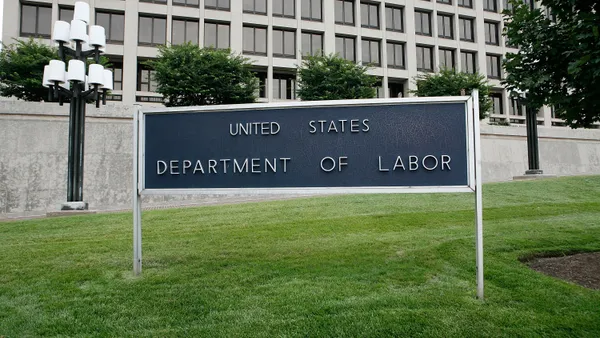Dive Brief:
- Massachusetts General Hospital (MGH) has agreed to pay $13 million to settle a whistleblower claim with one of its former doctors who questioned the hospital's practice of allowing "concurrent surgery" — the scheduling of elective and non-emergent surgeries in two rooms simultaneously, according to a press release from counsel representing the plaintiff.
- Dennis Burke, a former orthopedic surgeon at MGH, questioned the practice, arguing that it posed risks to patient safety and that patients had a right to know in advance when it occurred. Burke complained about the practice internally, to the Board of Registration in Medicine and to other regulatory authorities.
- Burke's clinical privileges and medical staff appointment were terminated in August 2015 in retaliation, the doctor alleged, for his raising concerns about the patient safety and disclosure issues.
Dive Insight:
Some experts have suggested that employers embrace whistleblowers as an important source of feedback that allows a company to right a wrong on its own terms. Employers can flip the traditional corporate mindset toward whistleblowers, viewing them as part of a culture that seeks improvement, Holland & Hart Partner Brad Cave previously told HR Dive.
To achieve this, employers must create a culture in which people feel safe making a complaint, Laner Muchin Partner David Moore previously told HR Dive. That means the company takes the complaint seriously, is respectful, investigates promptly, provides thorough corrective action if needed and that the employee has no worries about retaliation, he said.
Retaliation occurs when a manager or supervisor takes an adverse employment action against an employee who has participated in a protected activity. This often this involves complaining about alleged discrimination or harassment. In instances where whistleblowing is involved, protected activity can also involve participating in the investigation of the whistleblower's complaint and participation in hearings.












